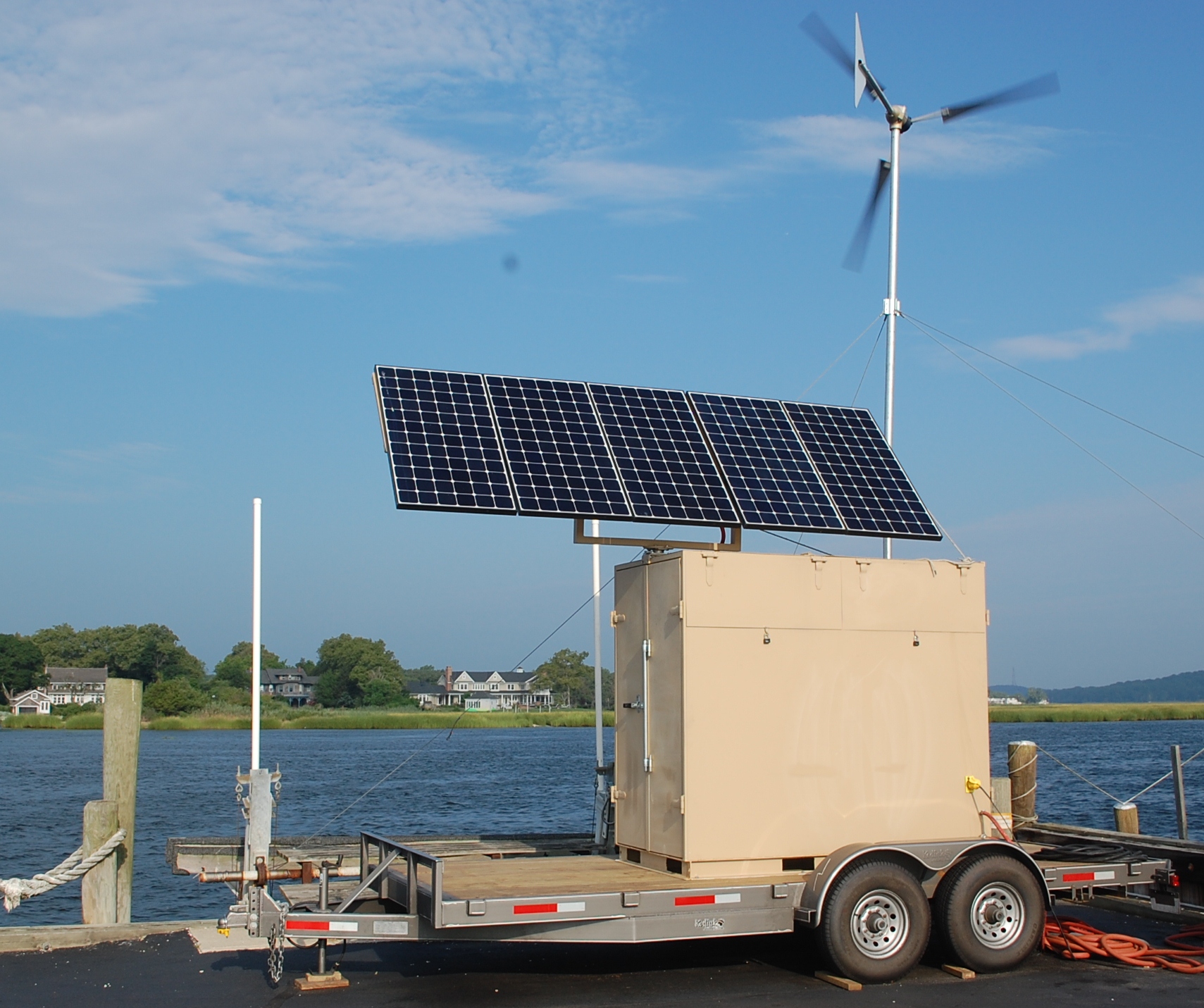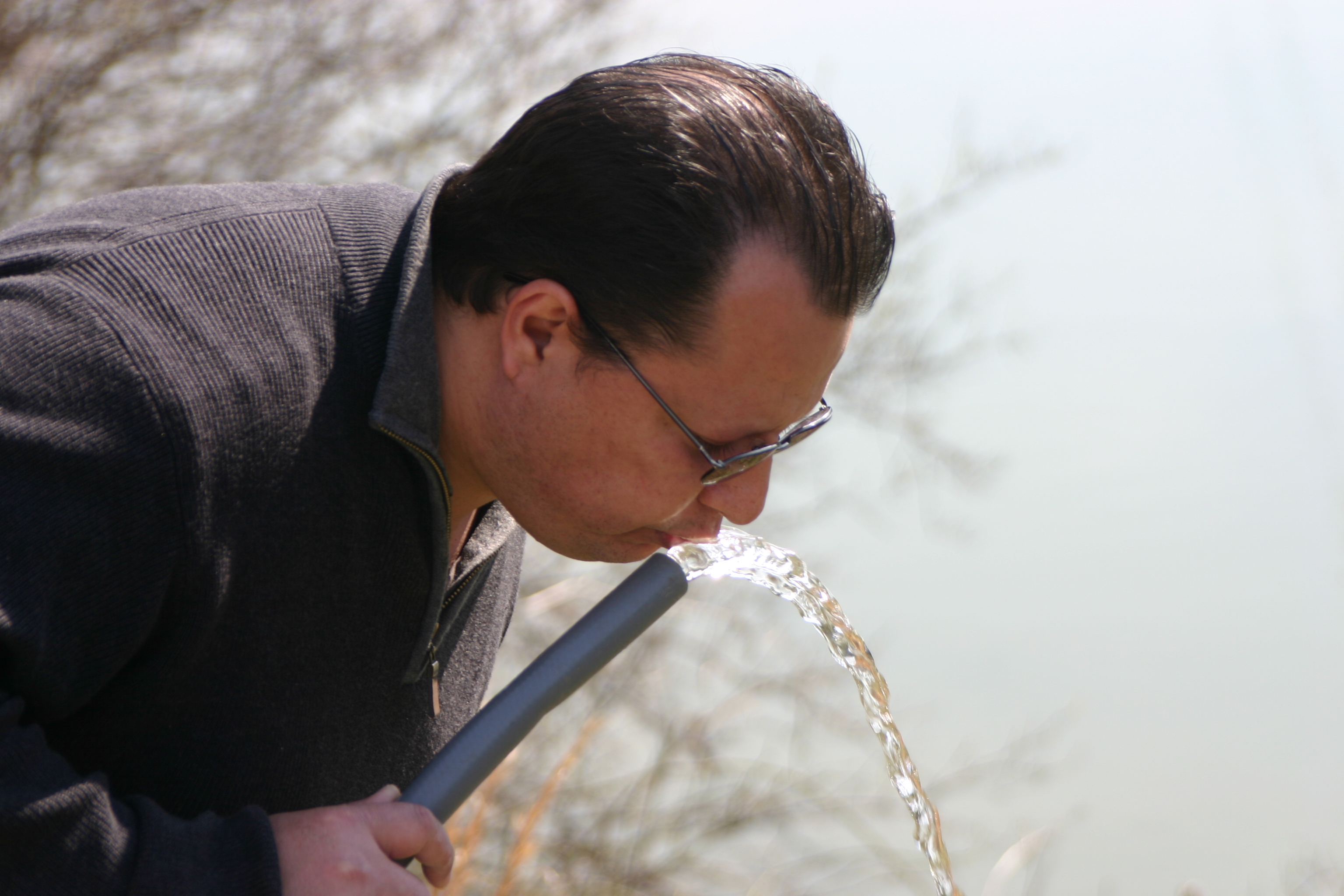The Company
International Water Company designs and produces Mobile Water Purification Stations that are used by Governments and NGOs to provide clean water for drinking and agricultural purposes.

IWC was organized in 2010 in Cheyenne, Wyoming and has production facilities in York, Pennsylvania. IWC has distributors in Australia, Congo, Democratic Republic of Congo, Egypt, French Polynesia, Iraq, Mexico, New Caledonia, Nigeria, Tonga and Vanuatu.
The mission

INTERNATIONAL WATER
COMPANY
MOBILE WATER PURIFICATION STATION (MWPS)
MISSION
STATEMENT
International Water Company (IWC) came about as an alliance between a visionary inventor and a few entrepreneurs who share his vision and drive. Nation-states have been going to war for thousands of years over access to water, a natural resource largely taken for granted in developed countries. Historically, a lesson can be learned from the ‘cartelization’ of oil. The control of a population’s supply of drinking water directly equates to the control of that population.
The simple fact is that, on any given day, over two billion people, 1/3 of the world’s population, are in dire need of clean, healthy drinking water. Consequences of water-borne diseases and lack of irrigation water compound in a vicious cycle of deprivation, resulting in the death of a child every 4.5 seconds of dysentery. According to the World Health Organization, approximately 1.7 billion of those people actually have access to water, but can’t safely drink it due to contamination, lack of infrastructure, or geo-political strife resulting from war or natural disaster. Moreover, as emerging economies develop, these statistics are exacerbated along with the nation’s industrial progression. Subsequent, population migration shifts that then occur further tax developed infrastructure that, in turn, is negatively impacted.
Numerous ‘water purification systems’ have been developed that require expensive feasibility studies, utilize high-tech circuits and gadgetry, and are either too expensive and/or resource intensive to be practical, inevitably failing in the field due to overly sophisticated design, unavailability of repairs/parts in the field, or too expensive to be considered vis-à-vis currently existing GDP in the target area.
No longer does a water management system require millions of dollars in feasibility studies, planning, research, and, occasionally, eventual construction. IWC’s Mobile Water Purification Station (MWPS) offers a high-volume, no-nonsense, multi-powered, highly affordable, bottom-up solution to this market niche. Over-built and ruggedly engineered, the MWPS is designed specifically to include the element of human interaction in the water purification process rather than a reliance on automated systems, fragile hydraulics, or the never-ending requirement for disposable cartridge filters, the ‘Achilles Heel’ of other previous generations of machines. The MWPS is powered by solar, wind, gravity, AC/DC, or generator for maximum flexibility with a minimum of maintenance and no endless supply trail. IWC believes that fully half of the water purification process is dependent upon the operator’s training, education, and appreciation for the independence realized by the village or tribe by management of its own water supply. ‘Operator interaction’ will ensure that the MWPS delivers for years to come.
Water sustains all.
Thales of Miletus, 600 B.C.
